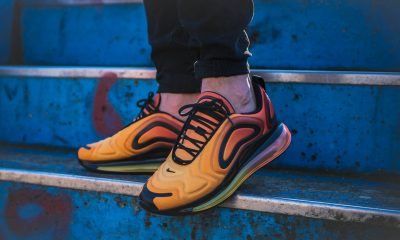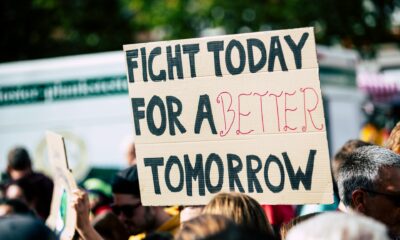Crowdfunding
Châtenay-Malabry: Crowdfunding Campaign to Finance an Urban Farm
While the planting of the trees is planned for this year, the restaurant will not be ready until 2024. Until then, Merci Raymond plans to include a professional integration dimension to its project. The Châtenay-Malabry ESAT (establishment and service for assistance through work) will work in collaboration with the farm. A crowdfunding campaign was launched to reach the money necessary to build the urban farm.
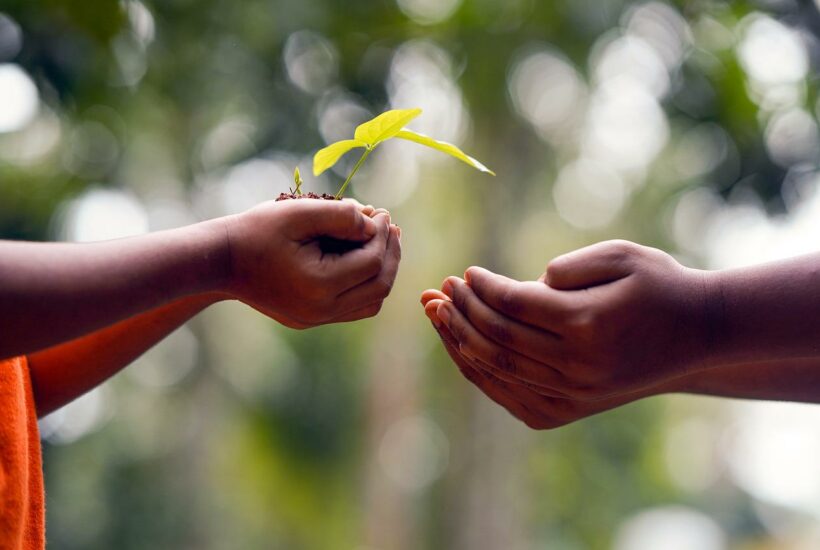
On one side of Avenue de la Division Leclerc: Carrefour, Picard and Darty. On the other: an eco-district and an urban farm about to be built. These are the two worlds that are about to coexist in Châtenay-Malabry. In September 2021, the Merci Raymond company won a call for projects for a 15-year concession on this 7,000 m2 site, where it will create an urban farm.
Fruit trees, production greenhouses, vegetable gardens, and chicken coops will make up the landscape of this future farm called Volterre. In order for these plantations to see the light of day, Merci Raymond needs financing. The Truffaut Foundation, the Banque des Territoires and the Île-de-France region are among its financial supporters. But Merci Raymond also wants to involve the public. To do so, the company launched a crowdfunding campaign on Miimosa on June 14. It will be open until July 30. The goal: to raise $7,530 (€7,500) to buy 2,300 trees. So far, about $2,150 (€2,500) have been raised.
Read more about the crowdfunding campaign launched in France to build an urban farm and find the latest business news in the world with the Born2Invest mobile app.
A “locavore” restaurant
“Crowdfunding has a double purpose: to find funding for the planting of fruit trees, to get people talking about the project, and to get them involved,” said Mathilde Schiettecatte, head of urban agriculture at Merci Raymond. Mathilde Schiettecatte does not exclude repeating the crowdfunding experience later in the project, for the acquisition of greenhouses or other materials. If this first campaign is successful, the first trees will be planted in October or November 2022.
“It was important for us to coincide the planting of the first trees with the arrival of the first inhabitants of the Lavallée eco-district,” noted the head of the start-up. Mathilde Schiettecatte even claims that some buyers “were motivated by the presence of the farm.” The first inhabitants should arrive in July 2022.
Within the farm, Merci Raymond will also have a so-called “locavore” restaurant. In other words, a restaurant whose products will come either directly from the farm or from producers located within a 100 km radius. Merci Raymond is currently looking for someone to subcontract this space to. The place could also be privatized for seminars. “It will be ideal for conferences on the ecological transition, people will be able to go and put their hands in the earth afterwards,” Mathilde Schiettecatte already imagines. Educational activities are also planned on the site with farm visits, permaculture initiation workshops, and cooking workshops.
Collaboration between the urban farm and the ESAT of Châtenay
While the planting of the trees is planned for this year, the restaurant will not be ready until 2024. Until then, Merci Raymond plans to include a professional integration dimension to its project. The Châtenay-Malabry ESAT (establishment and service for assistance through work) will work in collaboration with the farm. “Disabled people from the ESAT will be able to come and learn about market gardening and cooking,” says Mathilde Schiettecatte. One of the nine jobs planned in the different branches of the farm could also be dedicated to a young person from a priority district of the city such as Cité-Jardin.
__
(Featured image by shameersrk via Pixabay)
DISCLAIMER: This article was written by a third party contributor and does not reflect the opinion of Born2Invest, its management, staff or its associates. Please review our disclaimer for more information.
This article may include forward-looking statements. These forward-looking statements generally are identified by the words “believe,” “project,” “estimate,” “become,” “plan,” “will,” and similar expressions. These forward-looking statements involve known and unknown risks as well as uncertainties, including those discussed in the following cautionary statements and elsewhere in this article and on this site. Although the Company may believe that its expectations are based on reasonable assumptions, the actual results that the Company may achieve may differ materially from any forward-looking statements, which reflect the opinions of the management of the Company only as of the date hereof. Additionally, please make sure to read these important disclosures.
First published in LeParisien, a third-party contributor translated and adapted the article from the original. In case of discrepancy, the original will prevail.
Although we made reasonable efforts to provide accurate translations, some parts may be incorrect. Born2Invest assumes no responsibility for errors, omissions or ambiguities in the translations provided on this website. Any person or entity relying on translated content does so at their own risk. Born2Invest is not responsible for losses caused by such reliance on the accuracy or reliability of translated information. If you wish to report an error or inaccuracy in the translation, we encourage you to contact us.

-

 Africa3 days ago
Africa3 days agoSurging Expenditures Widen Morocco’s Budget Deficit Despite Revenue Growth
-
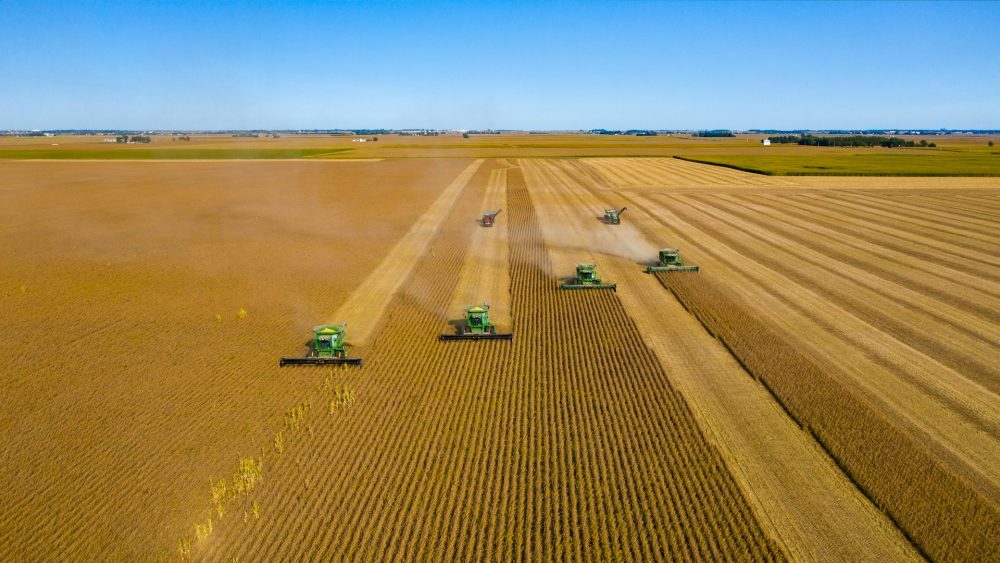
 Markets2 weeks ago
Markets2 weeks agoSoybean Market Reacts to Trade Hopes, High Stocks, and Global Price Pressure
-
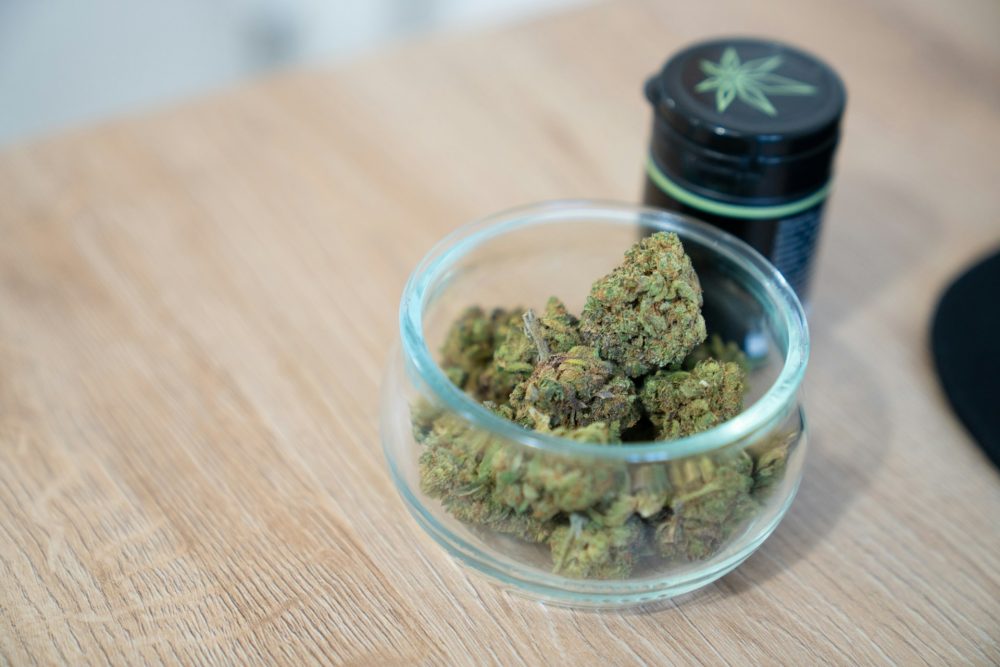
 Cannabis12 hours ago
Cannabis12 hours agoGermany Moves to Curb Medical Cannabis Abuse, Sparking Access Concerns
-
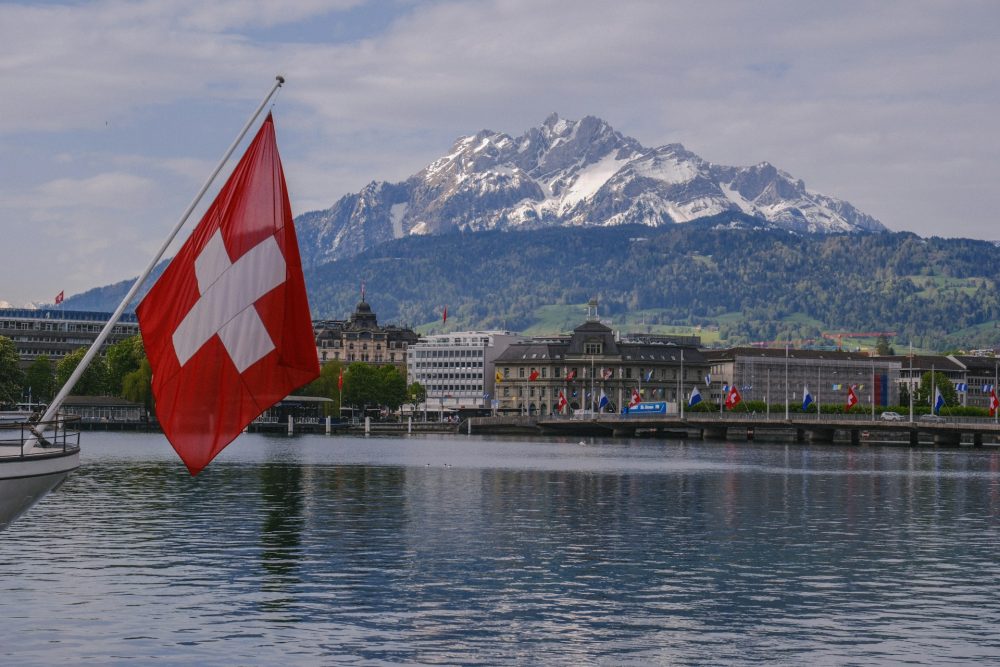
 Cannabis1 week ago
Cannabis1 week agoSwitzerland Advances Cannabis Legalization with Public Health Focus






